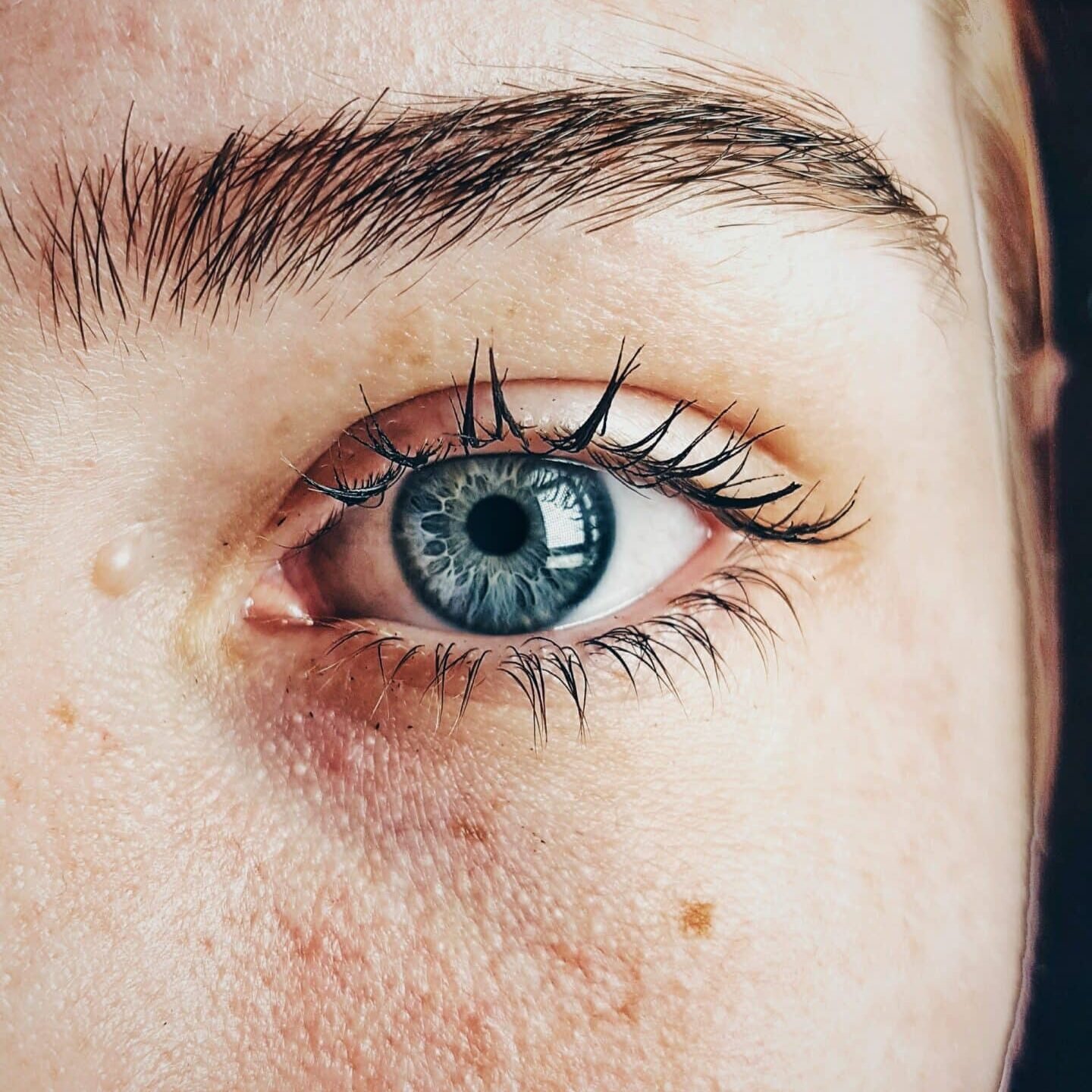Answering a few acne related questions
What are some of the basic skincare tips to prevent acne?
Maintaining a clean face is vital in the battle against acne. Use a light cleanser twice daily to eliminate dirt, oil, and dead skin cells. Remember to choose a suitable moisturizer for your skin type to keep it hydrated without clogging pores. Limit the use of cosmetic products to avoid aggravating acne, and don't forget to keep your scalp clean and hair away from your face.
Can moisturizers cause acne?
No, moisturizing your skin does not cause acne. Contrary to a common misconception, moisturizing your skin is essential for acne treatment. The right moisturizer helps to loosen sebum buildup inside pores, promoting clearer skin. However, ensure you select a moisturizer suitable for acne-prone or oily skin to prevent pore clogging and acne exacerbation.
Any important ingredients I should be using?
Don't fall for the myth that drying out your skin will cure acne. Over-exfoliating or dehydrating your skin can lead to increased oil production, exacerbating breakouts. Instead, focus on gentle skincare practices and suitable products to keep your skin balanced and healthy.
What is the biggest misconception regarding acne?
The biggest misconception that I have noticed with acne is that drying out your skin will treat your acne. By over exfoliating you are actually creating more of a problem. By doing this, your sebaceous glands will over produce oil to compensate for the sudden loss, furthering your breakouts.
Is it okay to pop pimples?
Popping pimples is not recommended, as it can cause further infection, scarring, and the spread of bacteria. Opt for skincare products that reduce inflammation and unclog pores instead. Let your skin heal naturally to avoid complications and promote clear, blemish-free skin.
When should I see a dermatologist for acne?
If you're dealing with persistent or severe acne or scarring and dark spots that require attention, it's time to seek professional help. Dermatologists can provide personalized treatment plans and recommend prescription-strength products, tailored to your specific skin needs.
Can I use the same skincare products for acne as I do for other skin concerns?
It's essential to use skincare products specifically formulated for acne-prone skin. Regular products may contain ingredients that can clog pores and worsen acne. Look for products labeled "non-comedogenic" or "acne-fighting" to ensure they won't exacerbate your acne.
How long does it take to see improvements with a new skincare routine?
Patience is key when starting a new skincare routine. Generally, it may take a few weeks to notice significant improvements. Stick to your routine consistently, and don't be discouraged if you don't see immediate results.
Should I stop using moisturizer if I have oily skin?
No, even oily skin needs hydration. Using a lightweight, oil-free, or gel-based moisturizer is essential to keep your skin balanced and prevent it from producing excess oil. Skipping moisturizer can actually worsen acne.
Are acne scars permanent?
Acne scars can be challenging to treat but are not always permanent. With the right treatments, such as laser therapy, chemical peels, or microneedling, it is possible to significantly minimize the appearance of acne scars.
Can stress really affect acne?
Yes, stress can be a significant contributor to acne flare-ups. High stress levels can trigger hormonal imbalances and increase inflammation in the body, leading to breakouts. Managing stress through relaxation techniques can help improve acne.
Are natural remedies effective for treating acne?
Some natural remedies may have mild benefits for acne, but they are generally not as effective as clinically proven treatments. It's best to combine medical treatments with a consistent skincare routine for optimal results.

